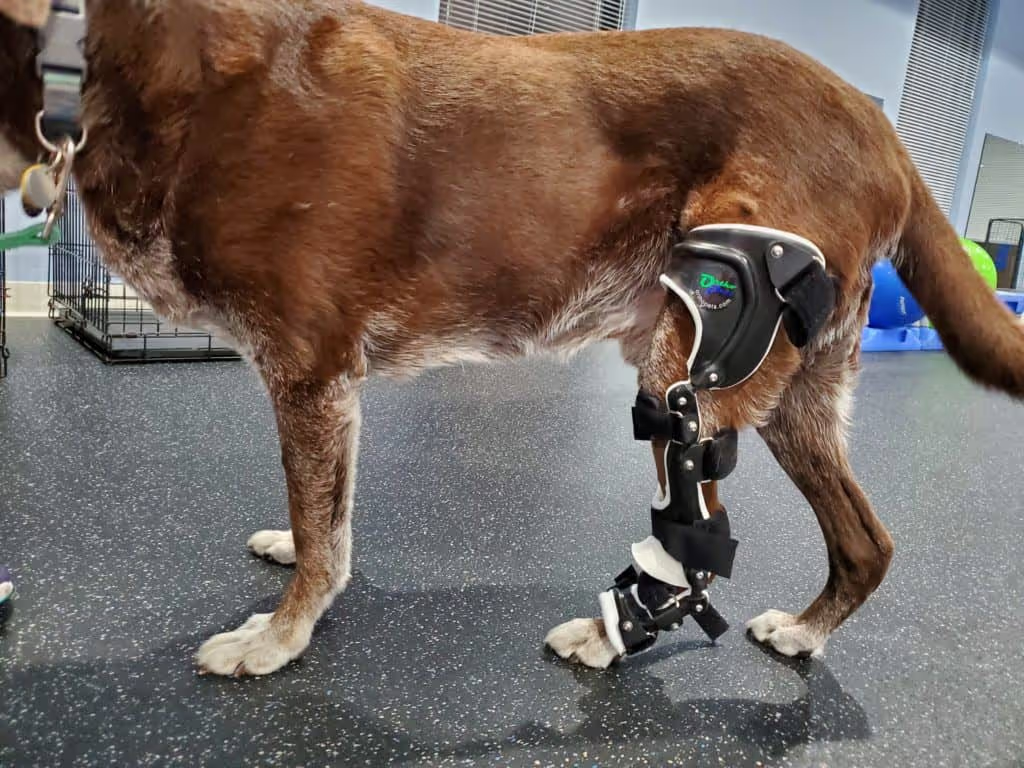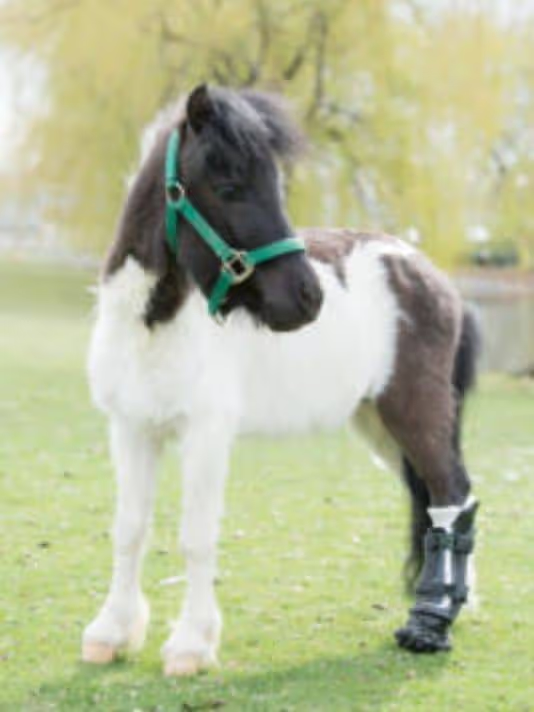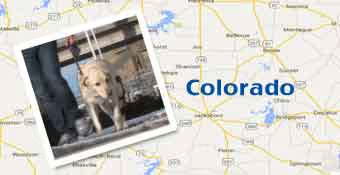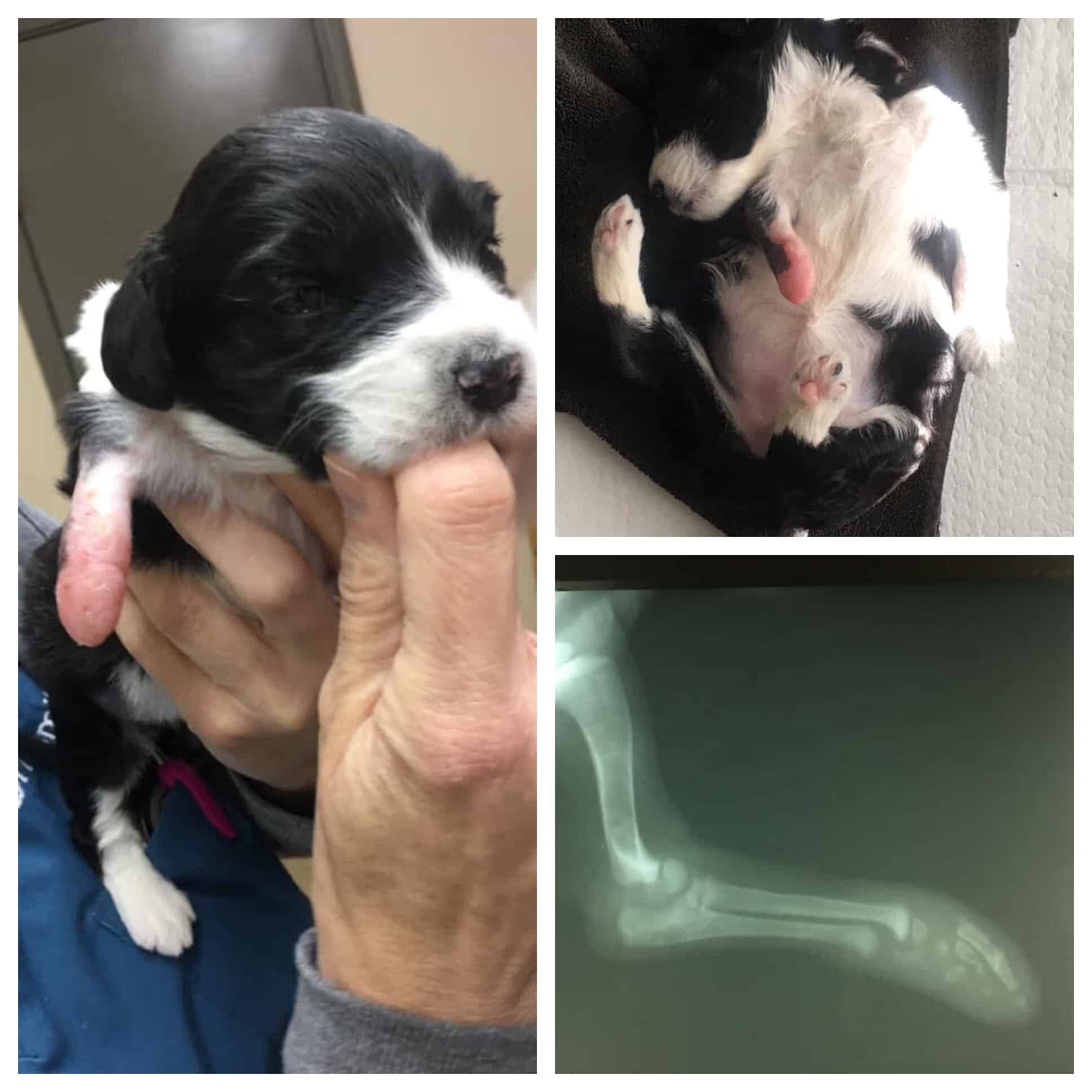Part 2 Symptomatically treating the acute pain of ACL injury (Dog knee brace)
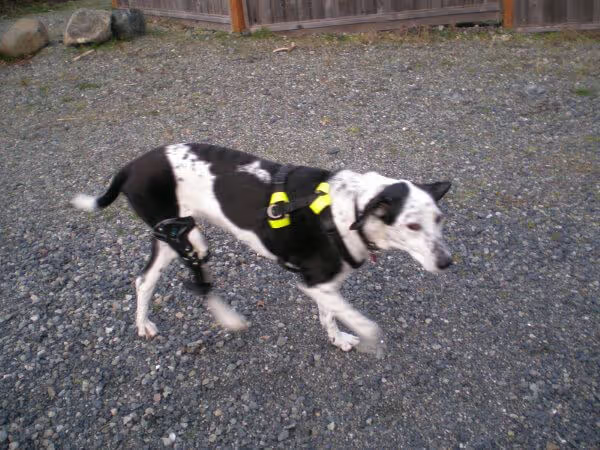
[gallery link="file" columns="2"]ACL injury in the dog Part 2 Symptomatically treating the acute pain of ACL injury Last post we talked about injury to the ACL or CrCL in the dog as well as injury to the knee cushion (meniscus). Even though most dogs will not whine or cry after the injury occurs, this is a painful condition and in the short term leads to swelling, inflammation, and lameness. In the long term it leads to debilitating osteoarthritis, particularly if nothing is done to stabilize the knee. In the immediate post injury period I recommend several techniques to help these dogs feel better. First icing the knee 3-4 times per day for 10-15 minutes is helpful. You can make a very effective icepack using 2 parts water to 1 part rubbing alcohol in a Ziploc freezer bag. I prefer this to a bag of frozen vegetables like peas or to an ice pack designed for human patients. The homemade ice pack is slushy and molds nicely to provide full contact with the entire surface of the canine knee. Be sure to put a thin towel between the icepack and the leg if your dog has a thin coat or has been shaved. If medically appropriate for the dog and based on a veterinary prescription, anti-inflammatory medication (NSAID) should be used. Never use over the counter products such as aspirin, ibuprofen, naproxen, etc. In general these are not safe for pets. Your veterinarian may prescribe a second pain medication called tramadol in the short term. This drug works in conjunction with the NSAID to bring greater pain relief. I advise exercise be limited to leash walks only; short and frequent walks are better than long walks. Walks should be on a short leash, heeled at your side so that there is no opportunity to run or jump suddenly. I advise no pulling, running, jumping, or playing with buddies. I recommend no off leash time outside; this includes potty breaks, which should be done on a leash. I don’t recommend strict cage rest as this can lead to weight gain and loss of muscle condition, both of which are tough to undo! Next blog I will cover surgical and bracing options for injured ACL (CrCL) injuries. Feel free to contact our V-OP Vet Clinic, at Orthopets@yahoo.comor 303 953 2545 ext 3!

